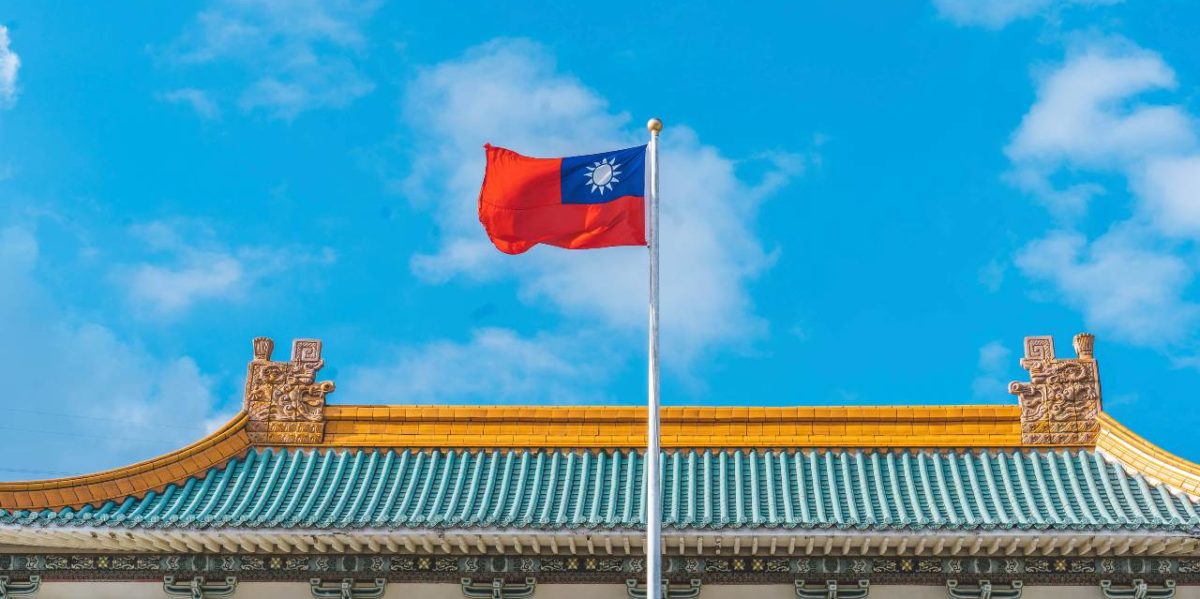Canada’s Indo-Pacific Strategy (CIPS) states that Canada rejects any “unilateral actions that threaten the status quo in the Taiwan Strait.” The passage targets China’s potential efforts to take Taiwan. However, it is the US, not China, that has done the most to unilaterally alter Taiwan’s status quo.
The Biden administration has continued the provocative policy on Taiwan initiated by the Trump administration. As William Overholt notes, the administration has “reneged” on the 1979 agreement with China over Taiwan. It has largely ignored the American policy of “strategic ambiguity”. Four times, Joe Biden has said the US would militarily defend Taiwan, despite subsequent White House disavowals. Nancy Pelosi’s provocative visit to Taiwan increased tensions. Kevin McCarthy, the current US House Speaker, is reportedly planning his own visit. Recently, US general Mike Minihan indicated he thought the US would be at war with China by 2025. The US has increased its military access to the Philippines, adding even more military bases to the more than 300 it already has in the Pacific and completing an “arc” of bases around China.
The American interest in Taiwan has nothing to do with “defending democracy.” The US has overthrown and undermined numerous democracies over decades. If Taiwan is an issue of American military credibility it is because the US made it one by undermining “strategic ambiguity.” The US sees Taiwan as China’s Achilles’ heel that the US can use to aggravate China and possibly draw it into a military confrontation, to complement the Americans’ economic and technological wars against China. The US continues to exacerbate tensions over Taiwan and goad yet another nuclear power into conflict when it should be using diplomacy to de-escalate the situation. Presumably, the Americans believe that if they do provoke a war with China they can keep it limited, while dealing China serious political and economic damage.
A US- China war over Taiwan could leave Taiwan in ruins. It would disrupt the world economy, and likely devastate both navies. Unlike the US, China has foresworn the first use of nuclear weapons, but anything could happen once a war starts and if both sides feel enough is at stake. China will never accept losing Taiwan; the island is too fundamental to its national self-image and as a symbol of its “century of humiliation.” How far will the US go to avoid losing a war that could end its hegemonic ambitions?
READ MORE: ‘Canada’s Indo-Pacific Strategy’: From UN Peacekeeper to U.S. Sentinel State
After 1949, the governments of Taiwan and China agreed that they were one country but disagreed on which government should rule the entire state. In the 1990s, as Taiwan became a vibrant democracy, Taiwanese nationalist parties became the dominant political force on the island. Mainland China refused to accept this shift.
So long as Taiwan does not declare independence, it can have a productive relationship with China. In 2021, the two sides conducted $273 billion in trade. Their citizens travel back and forth to work and visit. China has indicated it wants reunification by 2049, but that is a long way off and peaceful political accommodation may be possible. Most Taiwanese support the status quo.
Only a small number of states -including Canada- allow territories to secede. Most states, like China, reject separatism. If one part of a state leaves the whole, others might go, rendering the state weak and, perhaps, ungovernable. This is particularly important to a state like China, that equates national division with weakness and susceptibility to predatory actors.
Canada refuses to accept China’s view of Taiwan as an internal issue. Yet, we recognize only one China; we respect the right of other states, like the US or Spain, to prohibit secession. Why don’t we extend the same approach to China?
The obvious reason is that China is not a democracy. Therefore, Canada refuses to accept its legitimacy. The fact that most Chinese support their government –especially on Taiwan– we ignore. The less obvious but more important reason is that Canada accepts an American strategic agenda that is determined to undermine China to maintain American hegemony.
In an ideal world, Taiwan could choose its own destiny. All separatists share that understandable aspiration. But Taiwan’s importance to China is an irrevocable political reality that we need to accept.
No territorial conflict is worth risking World War III. During the Cold War, Western leaders avoided overt conflict with nuclear weapon states. Today, spoiled by decades of dominating the world, the West refuses to make necessary compromises, fueling unnecessary conflict.Canada should respect China’s claims on Taiwan but promote a political solution that will maintain the status quo and regional peace. That would be consistent with Canada’s “One China” policy and CIPS, but it requires Canada abandoning the Manichaean view of the world it has adopted. Most importantly, it requires Canada having the courage to call out the US when American actions threaten the status quo. So far, Canada has failed to implement its own policy.



